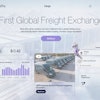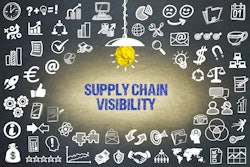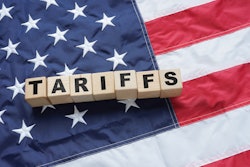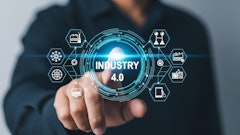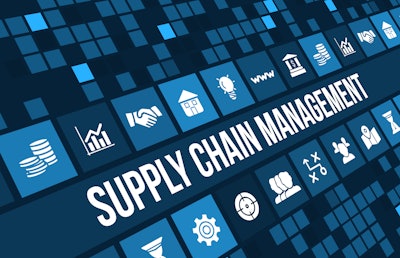
Tariff uncertainties are top of mind for retailers and brands today, as outlined in Inspectorio’s State of Supply Chain Report 2025, however, the report highlights a number of other key issues facing the industry.
“To manage accelerating regulations on forced labor, heightened sustainability mandates, and geopolitical fluctuations, brands and suppliers must move quickly to improve their supply chain agility and resilience,” says Chirag Patel, CEO, Inspectorio. “This year’s report reveals that a multifaceted approach – one that unifies compliance and risk management with strategic sourcing, digital innovations, and measurable ESG commitments – is critical to success both now and in the future.”
Key takeaways:
- The report suggests that global supply chains have entered a phase of accelerated disruption that challenges traditional operations. Escalating compliance demands add to the sense of urgency, with more than 75% of organizations increasing compliance budgets to handle a global patchwork of regulations that many leaders find both fragmented and resource-intensive. 85% of respondents say meeting new sustainability standards has grown markedly more difficult.
- Amid increasing regulatory pressure, the report also found over 75% of respondents recognize sustainability as a key purchase driver. However, less than 10% think consumers are willing to pay a premium for eco-friendly options, highlighting that consumers today expect sustainability without wanting to pay a premium for it.
- Meanwhile, more than 60% of supplier respondents report that retailers “partially or fully” push compliance and environmental upgrade expenses back onto them. For mid-tier suppliers that absorb the cost of sustainability upgrades, this baseline expectation for sustainability forces them to balance remaining cost-competitive or risk losing high-volume contracts.
- Early adopters of AI-driven analytics, automated compliance checks, and real-time risk modeling report notable gains in forecasting accuracy and lower head times. However, barriers remain, as fewer than 10% of surveyed companies have reached near-full automation of key supply chain functions, and over 45% remain below the 25% digitization mark.
- Pilot successes in AI-based compliance or container forecasting can help overcome skepticism, but only if they scale into an integrated digital roadmap that aligns procurement, quality, and ESG objectives under a shared digital framework. Additionally, 14% of companies report having no formal digitization roadmap at all, citing competing budget priorities or a lack of digital expertise.


